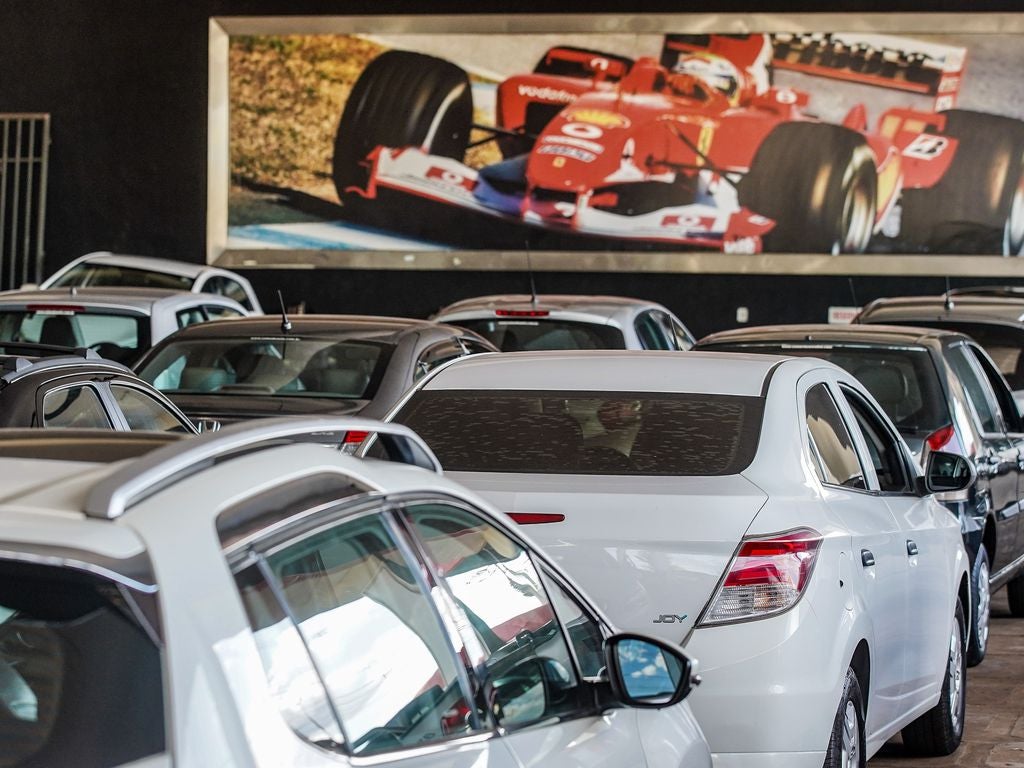
Brazil’s federal government announced a surprise tax cut to boost sales toward the end of the first half of 2023, for the first time in 10 years.
Cars, light commercial vehicles, lorries and buses were all included but the heavy commercials received most of the benefits and, despite a last minute boost to the coffers funding cars and LCVs, the allocated funding ran out in only 30 days.

Discover B2B Marketing That Performs
Combine business intelligence and editorial excellence to reach engaged professionals across 36 leading media platforms.
In the case of light passenger and commercial vehicles, the programme was limited to models retailing for up to US$25,000 (R$120,000). The price cuts varied from $420 (R$2,000) to $1,700 (R$8,000).
The heavy vehicle discount included a fleet renewal requirement, sending lorries or bus over 20 years old to be scrapped.
Between announcement of the tax cuts and their becoming available, the light vehicle market retracted sharply and factories became severely over stocked.
That forced most automakers to offer additional discounts on top of those provided by the government.
An upturn in demand for cars, pickups and vans was only noticeable in the last week of June but that was enough to make the month the year’s second best leading to projections July sales might be above average.
Around 79,000 units sold with the discount bonus reached dealerships with many still being registered in July.
Manufacturers association Anfavea and dealership federation Fenabrave stuck to their modest growth forecasts early this year for full year 2023 sales rising 3% and 0%, respectively, over 2022.
Eyes are now on the central bank’s gradual basic interest rate reductions due to start in August with three more reviews scheduled before the year ends.
The vehicle market remains highly sensitive to financing costs for both new and used vehicles so this is good news for the sector although interest rate falls will be slow to keep inflation under control.
First half production of 1.132m vehicles from January to June was up 3.7% year on year while registrations rose 8.8% to 998,600 units.
After two years of hefty recovery, exports have dropped so far this year.
In the first half, 227,200 vehicles were shipped compared to 246,300 in the first half of 2022, down 7%.
As well as economically troubled Argentina, Brazil’s strongest export market, there was unexpected economy shrinkage in two other important markets, Colombia and Chile.






